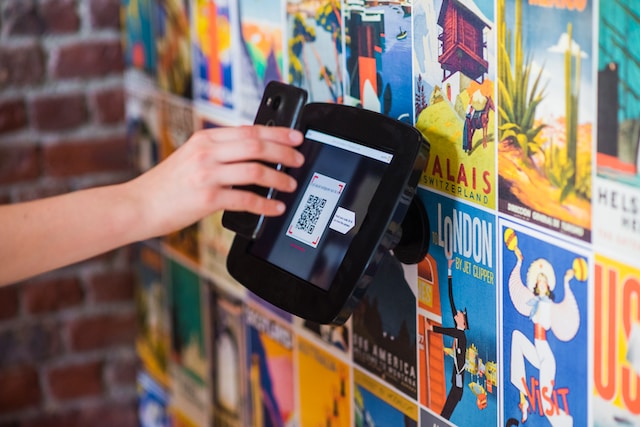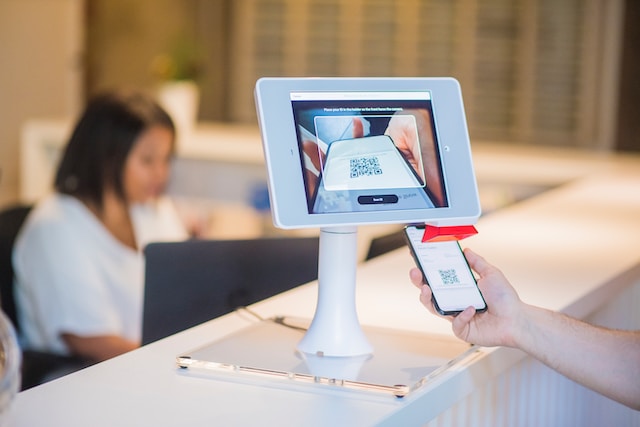Enhancing User Experience with QR Codes
QR codes have become an integral component of our daily lives. These square barcodes, initially invented for inventory management in the automotive industry, have evolved to offer innovative uses across various technological applications. As businesses strive to enhance user experience, new qr code generator have emerged as a powerful tool for streamlining processes. QR codes provide quick access to information and fill the gap between physical and digital interactions. Below are various innovative uses of QR codes in technology and how they are enhancing user experience.
Contactless Payment Systems
QR codes have revolutionized the modes of payment, enabling contactless transactions and enhancing user convenience. Mobile payment apps and digital wallets now utilize QR codes, allowing users to scan and pay directly from their smartphones. This technology has made transactions faster and more secure and eliminated the need for physical cards or cash.

Smart Packaging
Incorporating QR codes on product packaging has opened up a world of possibilities for both businesses and consumers. Manufacturers can provide detailed product information, usage instructions, and safety guidelines through QR codes. Consumers can easily scan the code to access additional content, instructional videos, warranty registration, or even reorder products directly.
Interactive Advertising
QR codes have transformed traditional advertising methods by enabling immediate interaction and engagement. By placing QR codes in advertisements, marketers can seamlessly connect users to targeted landing pages, exclusive offers, or promotional videos. This direct interaction enhances user experience and increases the effectiveness of advertising campaigns.
Virtual Reality and Augmented Reality Experiences
QR codes have proven to be valuable tools in building immersive virtual reality (VR) and augmented reality (AR) experiences. By scanning a QR code, individuals can unlock AR filters, access virtual showrooms, or start interactive VR experiences. This technology is particularly impactful in industries such as real estate, education, and entertainment, where visualizing spaces or products is crucial.
Event Management and Ticketing
QR codes have become a staple in event management and ticketing systems. Attendees can scan their personalized QR code on their smartphones for access to events, eliminating the need for physical tickets. This improves security, reduces waiting times, and provides event organizers with valuable data on attendance and participant behavior.
Interactive Digital Signage
QR codes can turn static digital signage into interactive experiences. By placing QR codes on digital displays, users can scan them to access additional information, participate in polls, or interact with digital content. This dynamic engagement creates a more personalized and immersive user experience.
Conclusion
The inventive applications of QR codes in technology have transformed the way businesses and customers connect. QR codes improve the user experience by offering rapid and seamless access to information, from contactless payments and smart packaging to interactive advertising and immersive VR/AR experiences. We should expect even more inventive uses of QR codes to ease procedures, engage people, and bridge the gap separating physical and digital interactions as technology advances. Adopting these technical improvements will likely result in richer, more engaging user experiences across several businesses.


